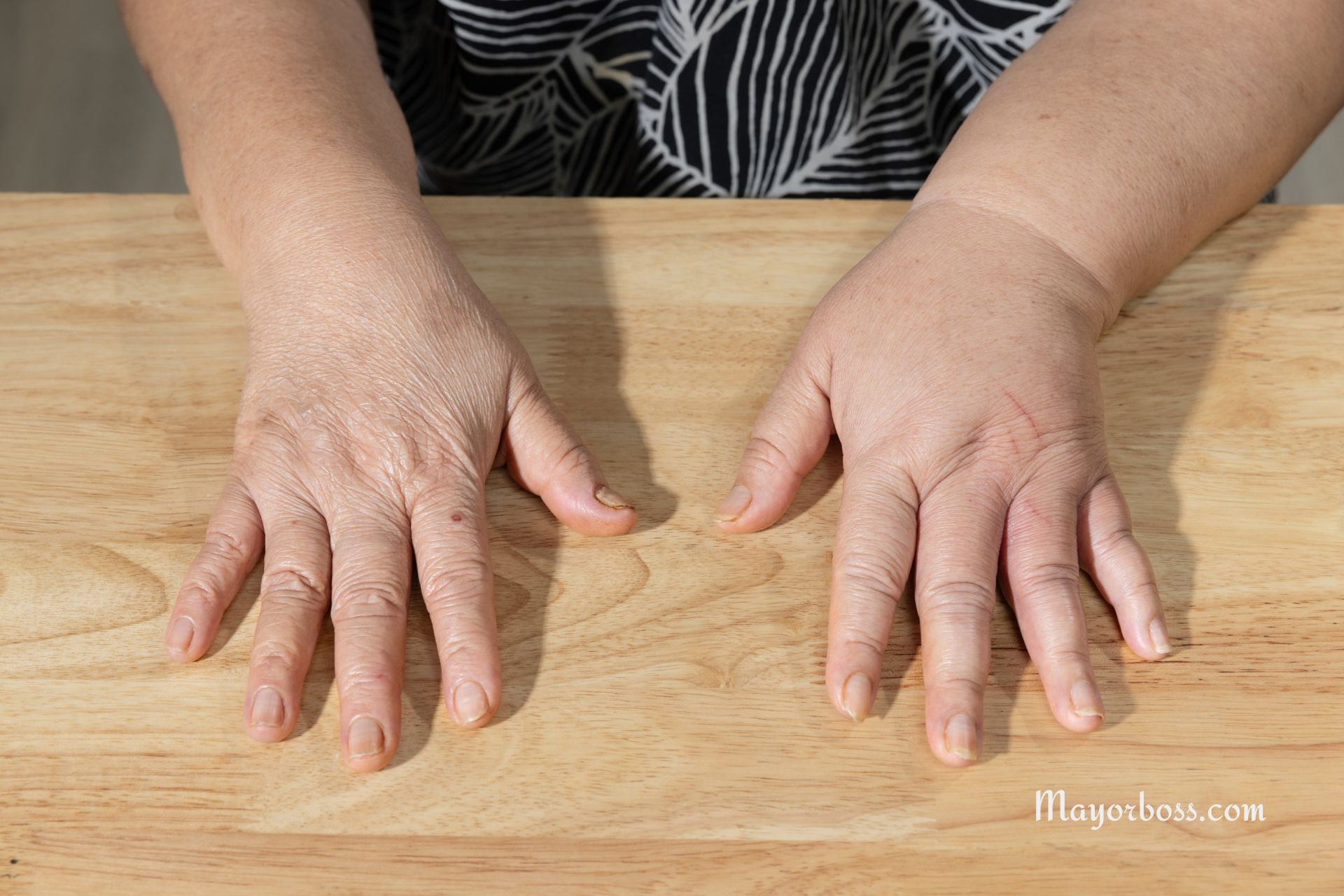5 Hidden Reasons Why Your Body Retains Water
Water retention, also known as edema, happens when too much fluid stays in your body’s tissues. This can make you feel swollen, uncomfortable, and heavy. Most people think water retention is caused by diet or lifestyle, but there are other reasons it happens. Some of these reasons might not be obvious, but they can play a tremendous role in how your body manages fluids. Knowing more about these hidden causes can help you take steps to manage water retention better. Here are five hidden reasons your body might be holding onto water.

Your Hormones May Be Out of Balance
Changes in hormones, like those during menstruation, pregnancy, or menopause, can make your body hold onto water. Estrogen and progesterone, which are important hormones, can affect how your body handles fluids. This often leads to bloating and swelling in areas like your hands, feet, and belly. Hormonal changes can happen naturally, but they can also be influenced by stress, birth control pills, or hormone replacement therapy. Conditions such as polycystic ovary syndrome (PCOS) and thyroid problems can also make water retention worse. If you suspect your hormones are causing water retention, talking to a healthcare provider can help you find solutions.
Your Sodium Intake May Be Too High
Consuming too much salt can make your body hold onto water. Sodium, which is found in salt, helps balance fluids in your body. However, too much sodium can cause extra fluid to build up in your tissues, leading to swelling, especially in your hands and feet. Many processed foods have hidden salt, which makes it easy to eat too much without noticing. Foods like canned soups, fast food, and even some breads can contain a lot of sodium. Reading food labels and choosing fresh, whole foods can help you control your salt intake and reduce water retention. Drinking more water can also help your body flush out extra sodium.
Your Physical Activity Levels May Be Low
Sitting or standing for long periods without moving much can lead to water retention. This is because poor blood circulation makes fluid collect in your lower body, like your legs and feet. If you have a desk job or travel frequently, you might notice swelling in your ankles and feet. Doing regular activities such as walking, stretching, or even simple leg movements can help your blood flow better and reduce swelling. Compression socks can also help improve circulation and prevent fluid buildup. If you notice swelling after sitting for long hours, try taking short breaks to move around.
Your Medications May Be Causing It
Certain medications, like antidepressants, blood pressure medicines, and pain relievers (NSAIDs), can make your body retain water. These medications can affect how your body balances fluids, leading to swelling in areas like your hands and feet. Some medications may also interfere with kidney function, making it harder for your body to remove excess fluid. If you think your medication is causing water retention, talk to your doctor to see if there are other options. Never stop taking medication without a doctor’s advice, as they can suggest alternative treatments or lifestyle changes to help manage fluid retention.
Not Drinking Enough Water Can Make It Worse
Not drinking enough water might actually cause your body to hold onto it. When your body senses dehydration, it tries to save the fluid it already has. Drinking plenty of water every day helps your body get rid of extra sodium and waste, keeping your fluid levels normal. Many people think drinking less water will reduce bloating, but the opposite is true. Staying hydrated helps your kidneys work properly and prevents your body from holding onto unnecessary fluid. Drinking water throughout the day and eating hydrating foods like cucumbers and watermelon can keep your fluid balance in check.
Summary
Water retention can be caused by things other than just diet and lifestyle. Hormone changes, too much salt, not enough movement, certain medications, and not drinking enough water can all be reasons why your body holds onto fluid. Paying attention to these hidden causes and making small changes can help you feel less swollen and more comfortable. Figuring out what’s causing it can help you take steps to reduce swelling and feel better. If swelling doesn’t go away or gets worse, it is best to contact a doctor for help.
